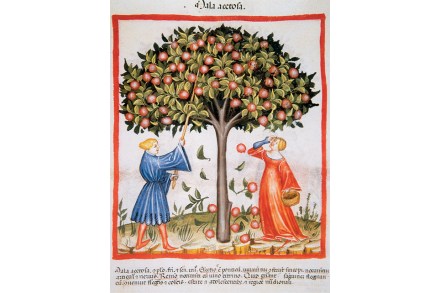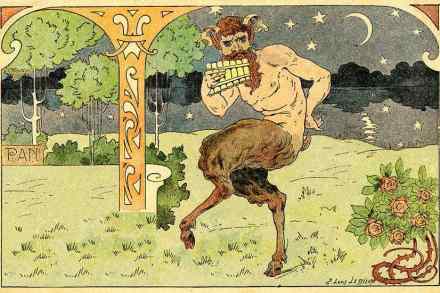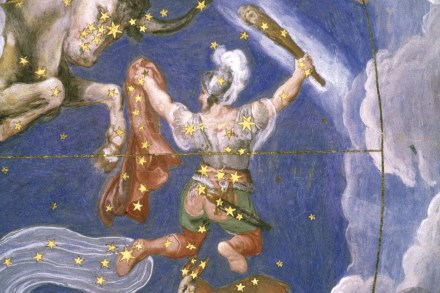The surprising truth about old myths
I visited Mycenae for the first time this autumn. While the ruins of classical Athens can seem almost familiar, the ancient hillfort of a millennia earlier truly feels as though it belongs to the world of gods and heroes, of Homer and the Trojan War. If my imagination hadn’t been destroyed by decades of television, I could almost imagine myself there. One of the curiosities of findings in archaeology and DNA is that many of the old myths appear to be true Walking past ancient burial mounds and gazing at Argos in the near distance, I liked to think that I was in the footsteps of a real Agamemnon –





